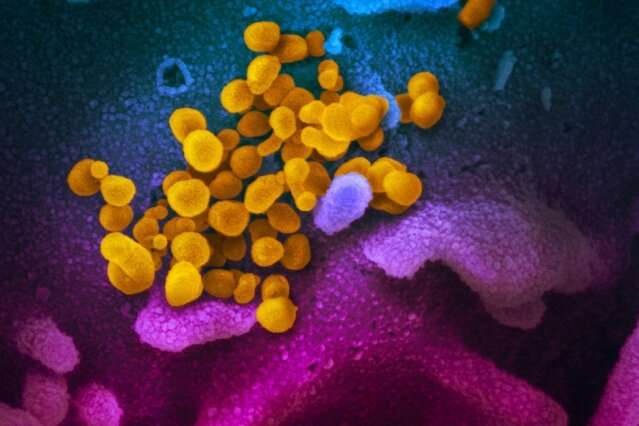May 8, 2020 report
Setting ethical guidelines for controlled human COVID-19 infection studies on human volunteers

A panel of experts led by Northwestern University bioethicist Seema Shah has published a Policy Forum paper in the journal Science outlining what they describe as an ethical way to test possible COVID-19 vaccines on human volunteers. Such testing would involve exposing the volunteers to the virus after inoculation to see if it prevents an infection.
Medical scientists have used controlled human infection (CHI) studies, also known as human challenge trials, for hundreds of years as part of efforts to slow or stop the spread of diseases. In most such cases, however, more was known about the threat than is known about SARS-CoV-2, which suggests there may be ethical issues involved with starting CHI studies for COVID-19 at this time. In their paper, Shah and her colleagues argue that there is an ethical way to conduct CHI studies now, and that doing so would be justified due to the magnitude of the ongoing pandemic. Their proposed framework starts with acknowledging the social value that could result from such a study—greatly speeding up the development of a vaccine for COVID-19. Without a vaccine, they note, hundreds of thousands of people will die in the coming months and years—people who could otherwise be saved if a vaccine were available. The panel also suggests that conducting such studies in an ethical way requires coordination and monitoring by respectable institutions such as the WHO.
The team also suggested that volunteers be selected from a low-risk group that would not likely develop the more severe symptoms of the disease—young, healthy adults with no underlying conditions are good candidates. They also suggest that sites for such testing be carefully selected. Not only would such sites be required to have the very best care available for the volunteers should they develop more severe symptoms, but they should also have the ability to protect health workers by establishing an environment that is not overrun with other patients.
Other factors that they claim would contribute to a robust framework would be ensuring fair participant selection, robust informed consent and reasonable pay for volunteers.
More information: Seema K. Shah et al. Ethics of controlled human infection to study COVID-19, Science (2020). DOI: 10.1126/science.abc1076
© 2020 Science X Network




















